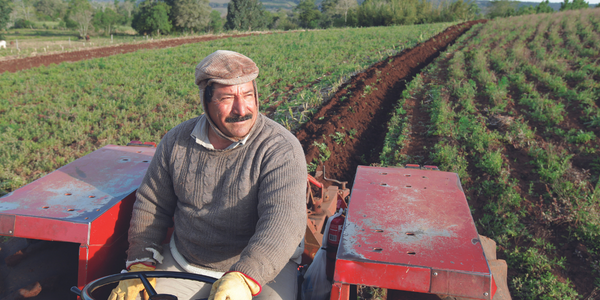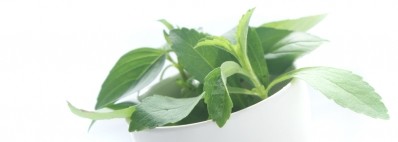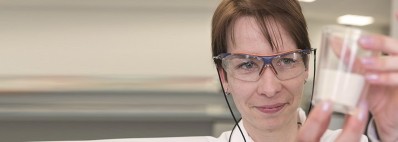Promotional Features
Fighting stevia’s bitter aftertaste with a sustainable sweetener, produced through fermentation
Consumers in Asia Pacific are searching for natural-derived, sustainable ways to reduce their sugar intake. Stevia leaf extracts leave scope for improvements, notably in relation to bitter aftertaste, consistency of supply and land use. Cargill responded to those improvement opportunities by developing EverSweet.
The opportunities for EverSweet are clearly illustrated by consumer market trends. Governments across the region are mounting a war on sugar, with the rise of obesity over the past decade1. In the Philippines, a tax on sugary drinks is credited with lowering consumption of sweetened beverages by 6.5%2. Medical, Disease Prevention, Health and other associations are calling for Australia to impose a similar tax3,4.
Survey data provides further evidence on the opportunity for sugar alternatives. Half of the consumers surveyed actively tried reducing their sugar intake in the past two years. 70% of APAC consumers also agreed with the statement that natural sweeteners are a healthier alternative to sugar5. Product launches with natural-derived sweetener claims are up more than 10%6.
Today, consumers want to buy products that align with their values. 70% of consumers say they only buy products that appeal to their beliefs, values or ideals. For many consumers, that means seeking out environmentally friendly products7.
Why EverSweet is a sweetener of choice
Cargill’s next-generation stevia sweetener EverSweet enables brands to address some of the environmental concerns consumers face, while meeting their demand for sustainable ways to reduce their sugar intake. EverSweet is a steviol glycoside made from fermentation with improved sweetness quality and has minimal bitter aftertaste, that’s associated with some stevia leaf extracts (e.g. Reb A or stevioside) when used at high level.
Reb M and Reb D have significantly more sweetness and less bitterness than Reb A when used at high levels8, making 100% sugar reduction viable. However, because Reb M and Reb D make up less than 1% of the stevia leaf, it is commercially and environmentally impractical, to only extract those two steviol glycosides from the plant. The process would use too much land and generate too much waste.
Through fermentation, Cargill produces the sweetest components of the stevia leaf – steviol glycosides Reb M and Reb D – to create sweetener with optimal taste. In eliminating the use of the stevia leaf, fermentation provides a reliable and consistent supply that is hard to achieve when relying on traditional agricultural production. EverSweet is available in Australia, New Zealand and the Philippines. EverSweet is especially well suited for use in beverage and dairy applications.
Companies who partner with Cargill to incorporate EverSweet into their products benefit from its expertise and full suite of sugar reduction solutions. While EverSweet does not address the bulking agent and texturizer piece of the puzzle, Cargill’s broader product suite also feature bulking agents, to replace sugar for improved mouthfeel.
The portfolio, coupled with the taste and environmental credentials of EverSweet, make Cargill the partner of choice for manufacturers who want to incorporate sustainable next-generation sweeteners into their products. Brands that work with Cargill to reduce or eliminate sugar from their products, stand to align their portfolios with government health initiatives and consumer demands, thereby positioning themselves for growth in the years to come.
References
2. ASEAN members cite TRAIN’s sweetened beverage tax as successful policy, DOF (Department of Finance)
3. Sugar tax will cut disease and save lives Australian Medical Association
4. Case for a tax on sweetened sugary drinks Obesity Evidence Hub
7. Mintel Food & Drink Databook 2021
8. Consumer-based sensory characterization of steviol glycosides (rebaudioside a, D, and M), Foods, 9(8), 1026, Tao, R & Cho, S (2020).






